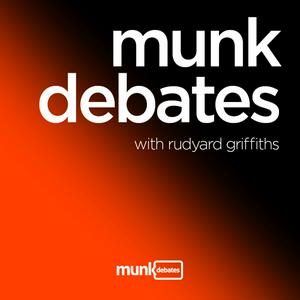Become a Munk Donor ($50 annually) to get 72-hour advanced access to the full length editions of Friday Focus. Go to www.munkdebates.com to sign up.
The U.S. is ramping up its military presence near Iran as negotiations fail to yield any compromise from the regime. We are now in a Middle East standoff which finds Trump trapped. Is a strike inevitable? What are the costs here besides a regional war and where is Iran's defense going to come from? Janice worries that Trump does not have a military strategy beyond the first few days, and this is a conflict that could go on for weeks. In the second half of the show Rudyard and Janice discuss the light strike option that would try to force Iran to come to the negotiating table. If the Ayatollah decides to become a martyr, we could end up with a ruling class of militant revolutionary guards; a group of younger, more radicalized men that will be more willing to use force in the region. Could Trump's actions in Venezuela give us insight into his designs on Iran? And finally, with approaching midterm elections, a MAGA base that doesn't want war, and the potential of skyrocketing oil prices, does Trump need to TACO, climb down, and agree to a bad deal?


